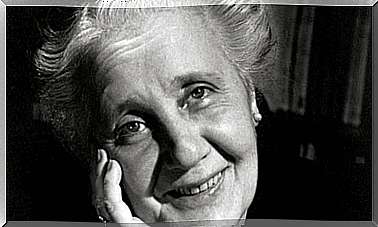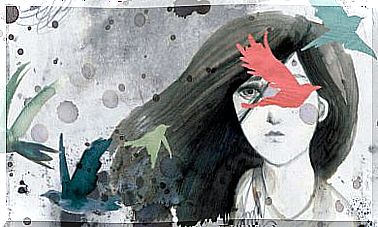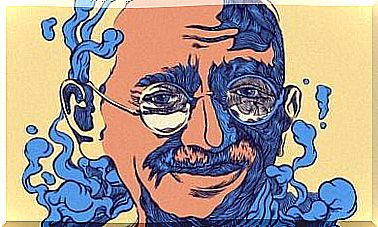3 Teachings That Imprison Children’s Instincts

Since very young, we have an ability that some call the sixth sense, intuition or instinct, but which over time is destroyed by logic and rationality. Not everything is logical. Thanks to our instincts we can detect toxic people, know when someone doesn’t suit us or tries to hurt us.
When we eliminate our instincts, we become more vulnerable people. So why do we do this? What happened? We were not brought up the right way. Adults believe they know how to teach, but they are not aware that there are very important skills, such as instinct, and they do not pay much attention to it.
The way we raise children is determined by how we were raised by our parents and the people around us. In this way, we repeat patterns without analyzing whether they are correct or not. Today, we’ll give you some examples of how certain attitudes can undermine your children’s instincts.
1- Putting pressure on children
You may believe that putting pressure on your children has positive results, but that is not always the case. For example, when it comes to hugging or kissing other people. Everyone likes to be kind to children; but has anyone ever wondered if they want the same thing?
Imagine if someone forced you to hug and kiss someone you didn’t like. If your child doesn’t want to hug or kiss someone and you make him or her, you’re killing your instinct. He will understand that he must submit to the will of adults, regardless of whether he likes it or not.
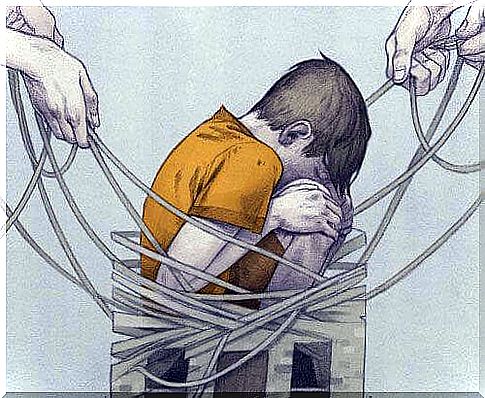
In recent years, a new type of pressure has emerged that prevents children from enjoying their childhood. We’re talking about extracurricular activities, which take up a lot of children’s time and keep them from doing what they know and need most: play. If the games are with the parents, it will be much better.
Children learn very early to participate in activities that will make them more competitive in the future, regardless of whether they like or are happy with what they do. We’re killing your instincts; they will become adults who don’t know what they really want and will get carried away by any kind of work.
2- Fears are not nonsense
How many times have we heard: “You are too big to be afraid” or “Afraid of the dark is nonsense”. In this way, we try to reassure our children, but in reality we are ignoring their fears. And that ends up becoming an obstacle.
The child learns to hide his fears so that others don’t think he is behaving in a ridiculous way. You gradually lose your instinct and in the future you will not be able to identify your true fears. This can cause them serious problems.
Contrary to this attitude, some parents try to protect their children at all times. This feeling is normal, but sooner or later they will have to deal with the problems, fears and situations that present themselves. This attitude provokes in the child a false sense of security that will have serious consequences in the future.
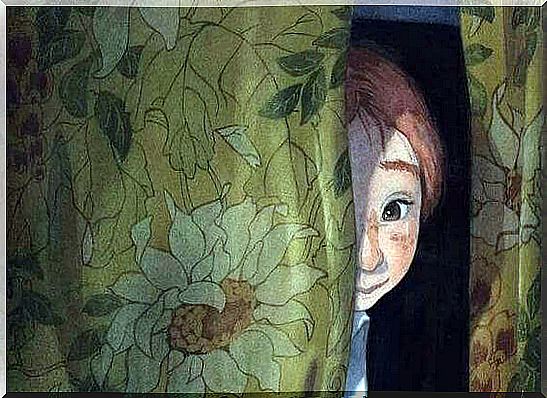
When a child feels this false sense of security, their sixth sense becomes numb and won’t wake up when needed. If they make a mistake, they will feel lost and insecure. We have the wrong idea that we need to protect our children, but in reality, we must teach them how to protect themselves.
3- As parents, we are not always right
Why do we always want to be right? Adults make mistakes too, but we want to be better, to give a false appearance of perfection. We don’t realize that we are just as human and imperfect as everyone else. This leads us to make many mistakes.
Do you remember when you were a child? Didn’t you understand why your parents told you to do something if they didn’t set an example themselves? This can confuse a child and he cannot figure out what is right or wrong.

We use many patterns of behavior with children without stopping to think about their real effects. We don’t realize that we’re killing this innate instinct that can make their lives easier. So why do we insist on ending him? Instinct and rationality must be in balance, only then can we make the best decisions in life.
Images courtesy of Emily Combot, Oleg Versiev.



